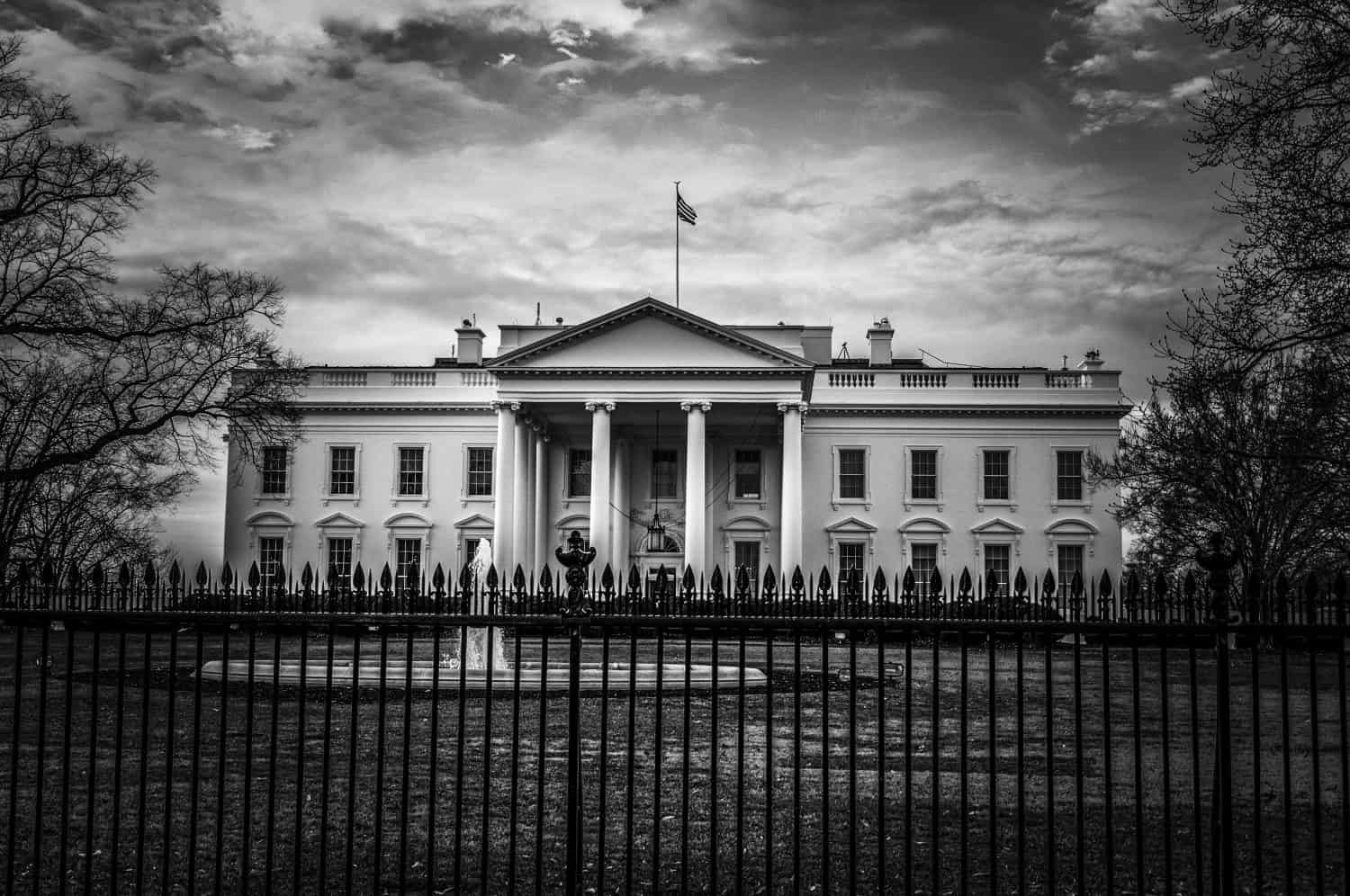
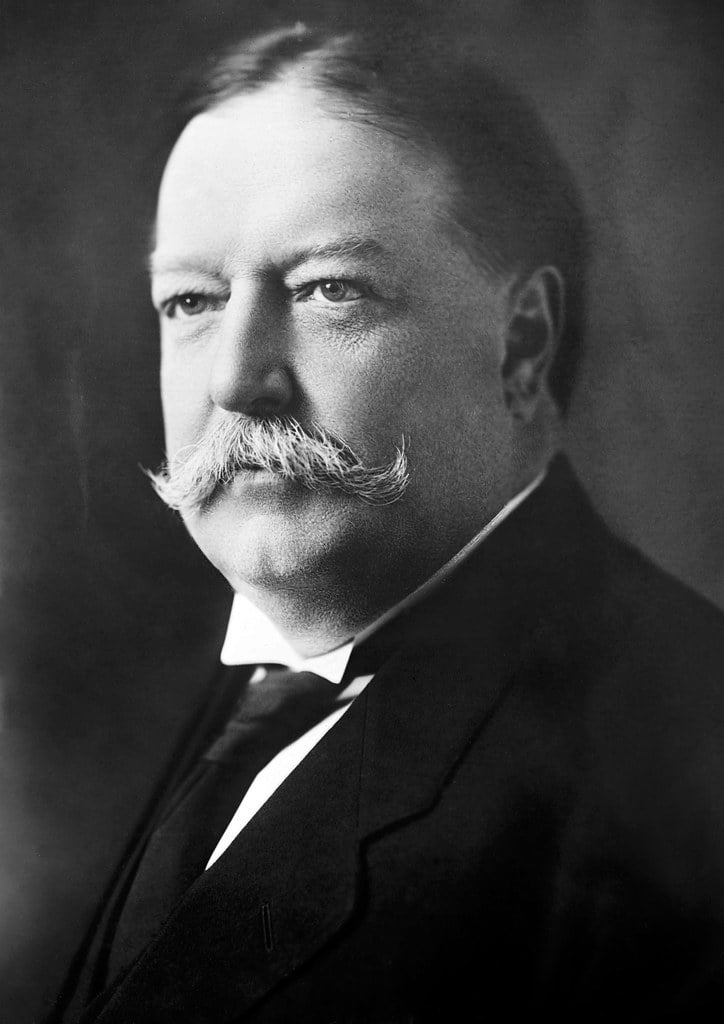
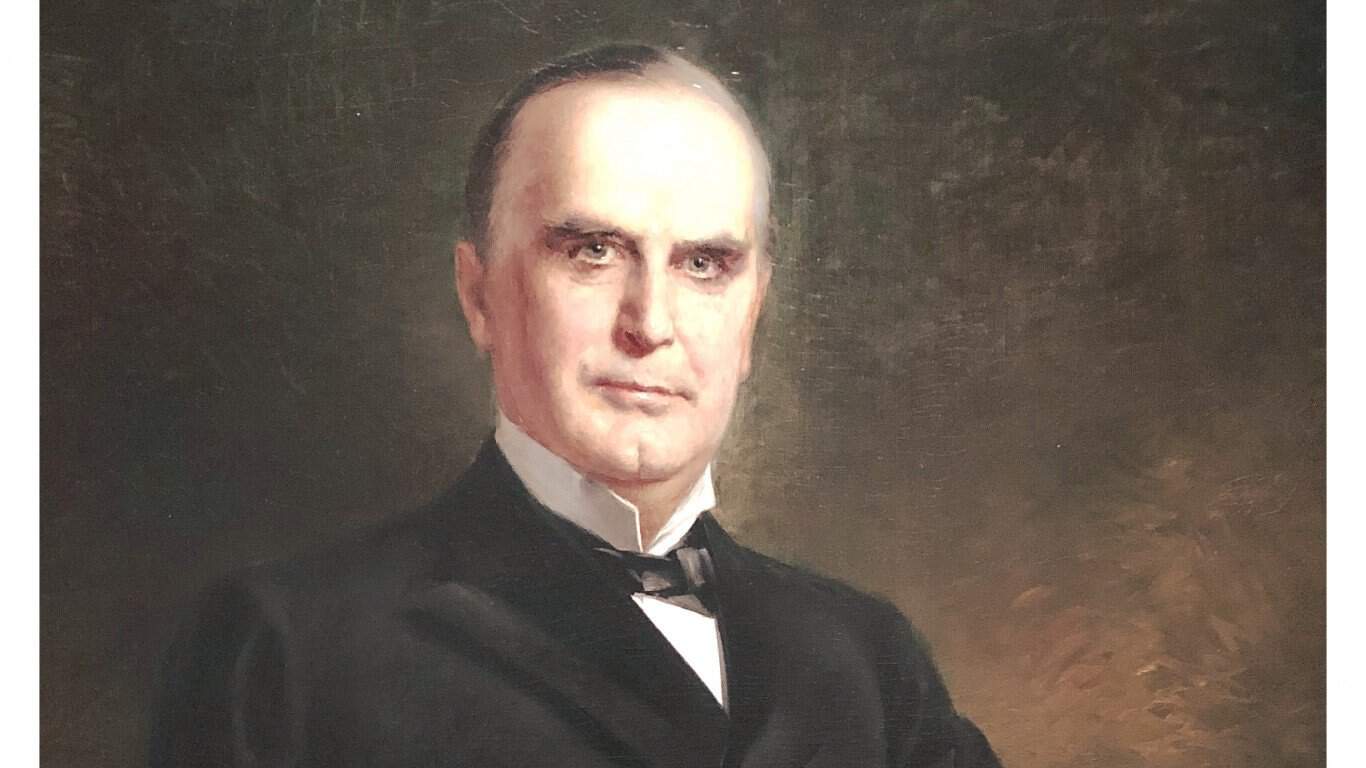
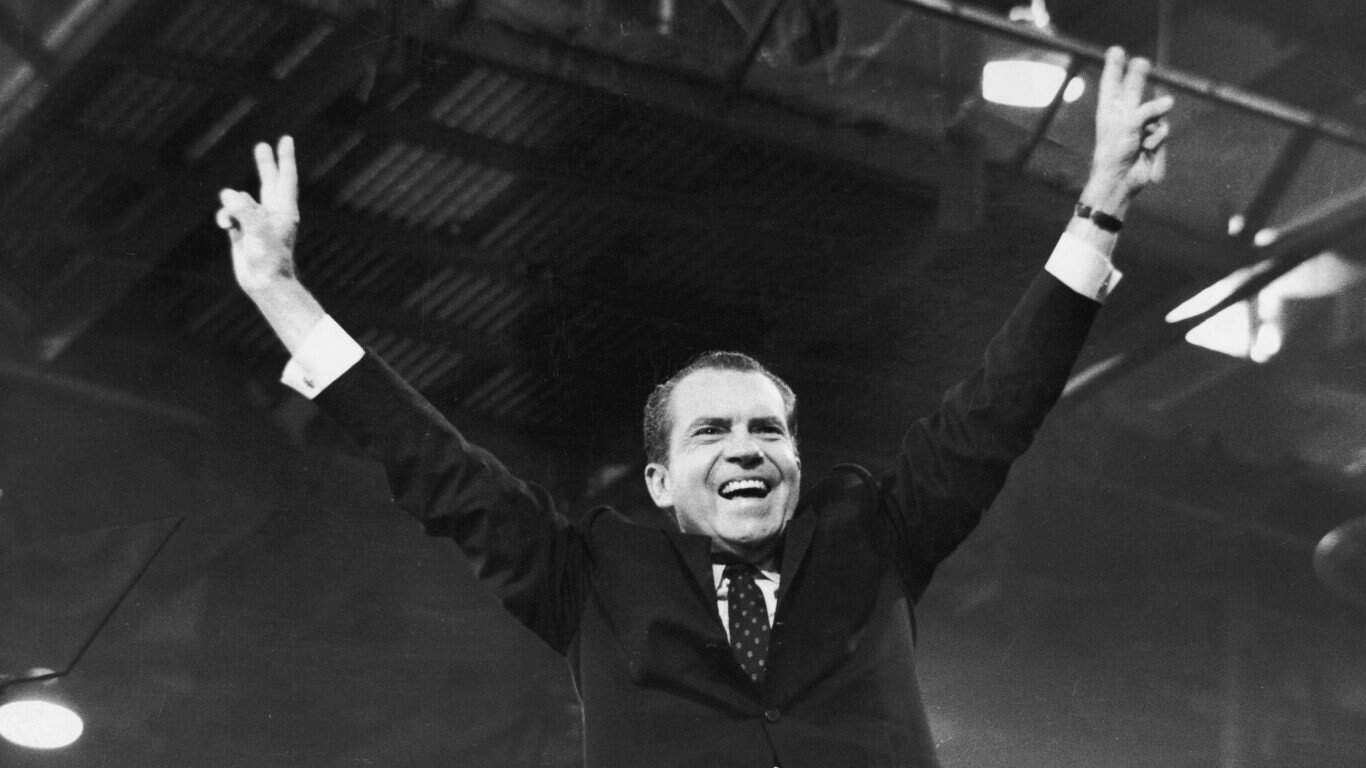
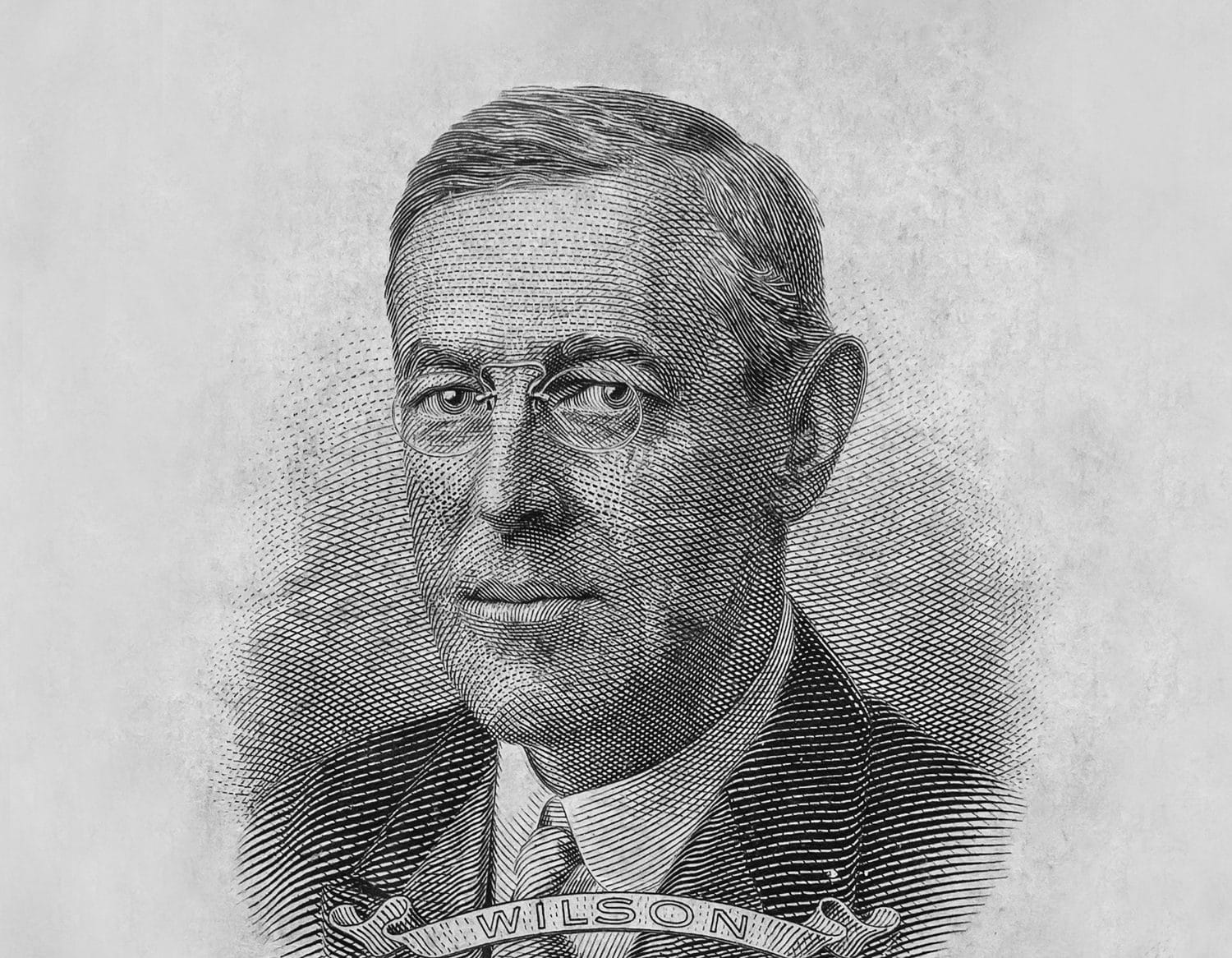
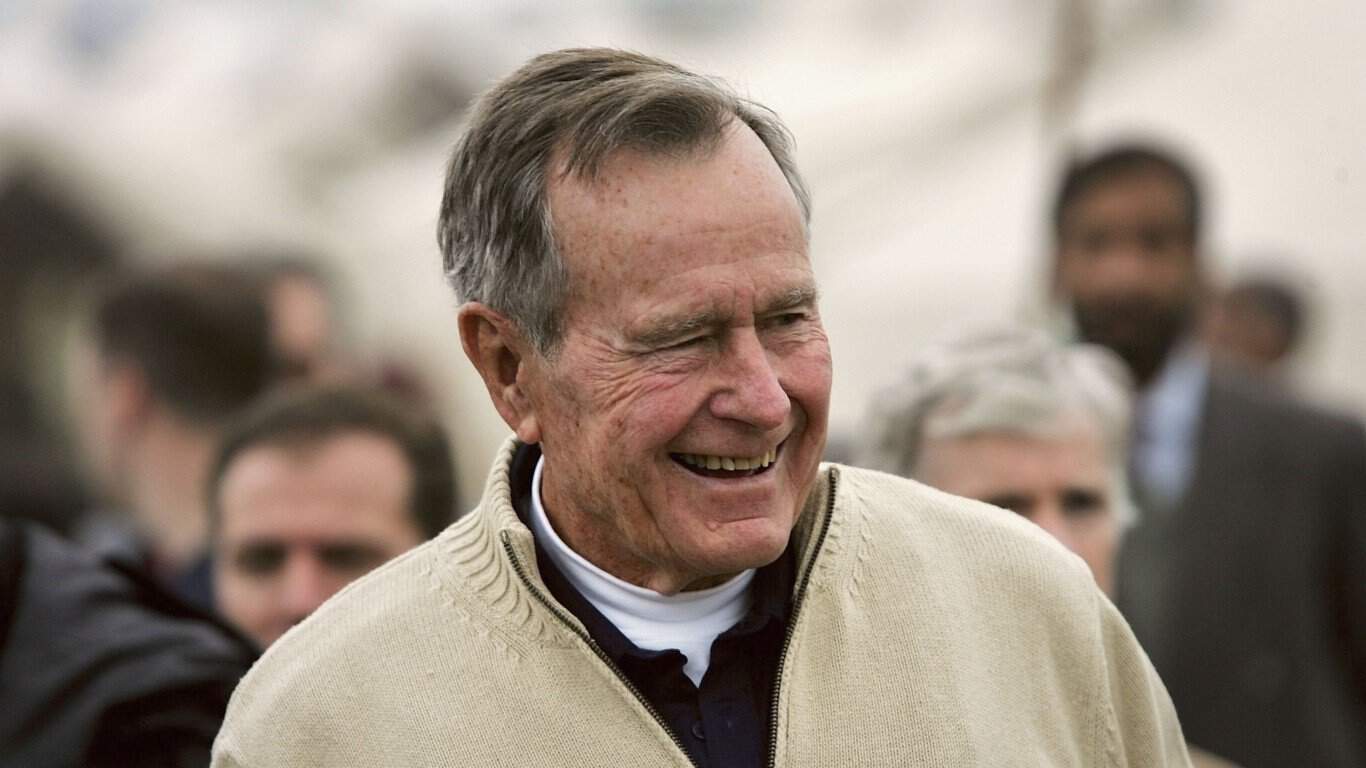
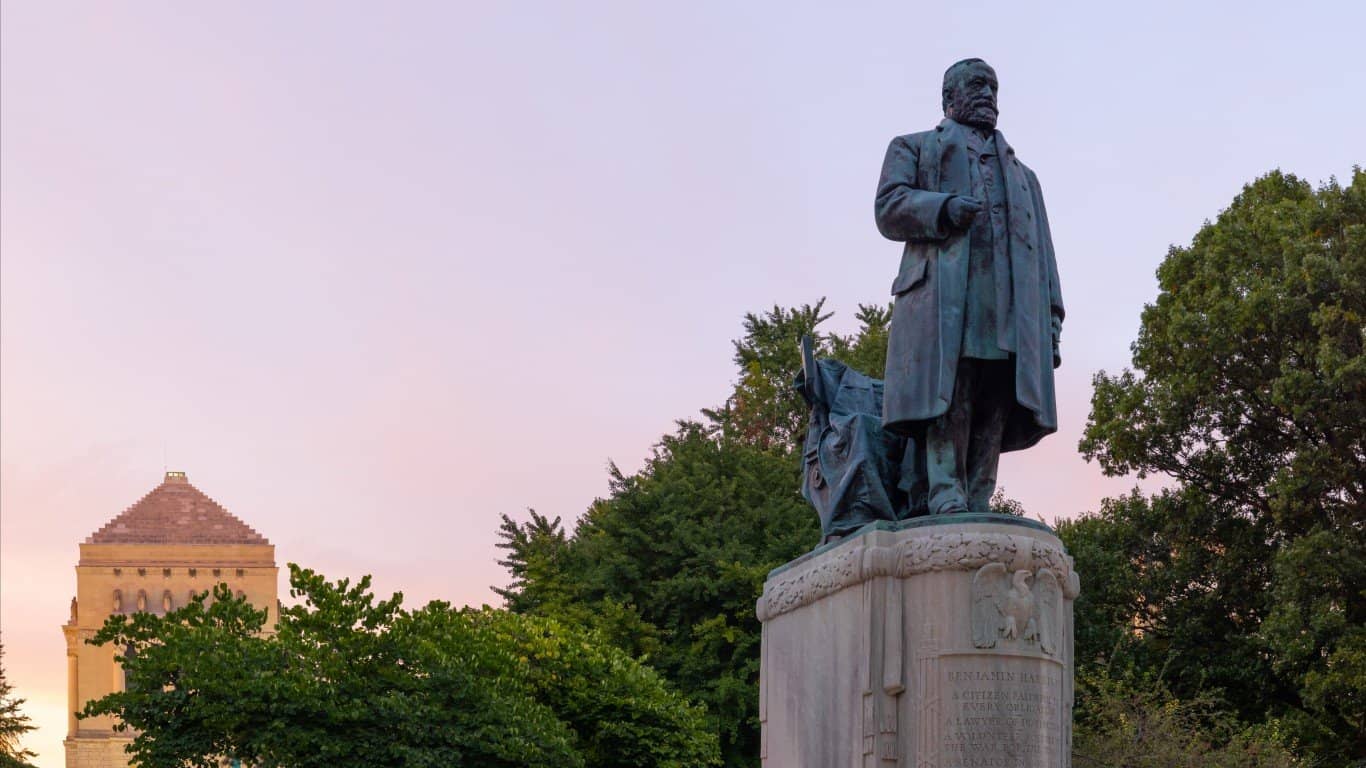
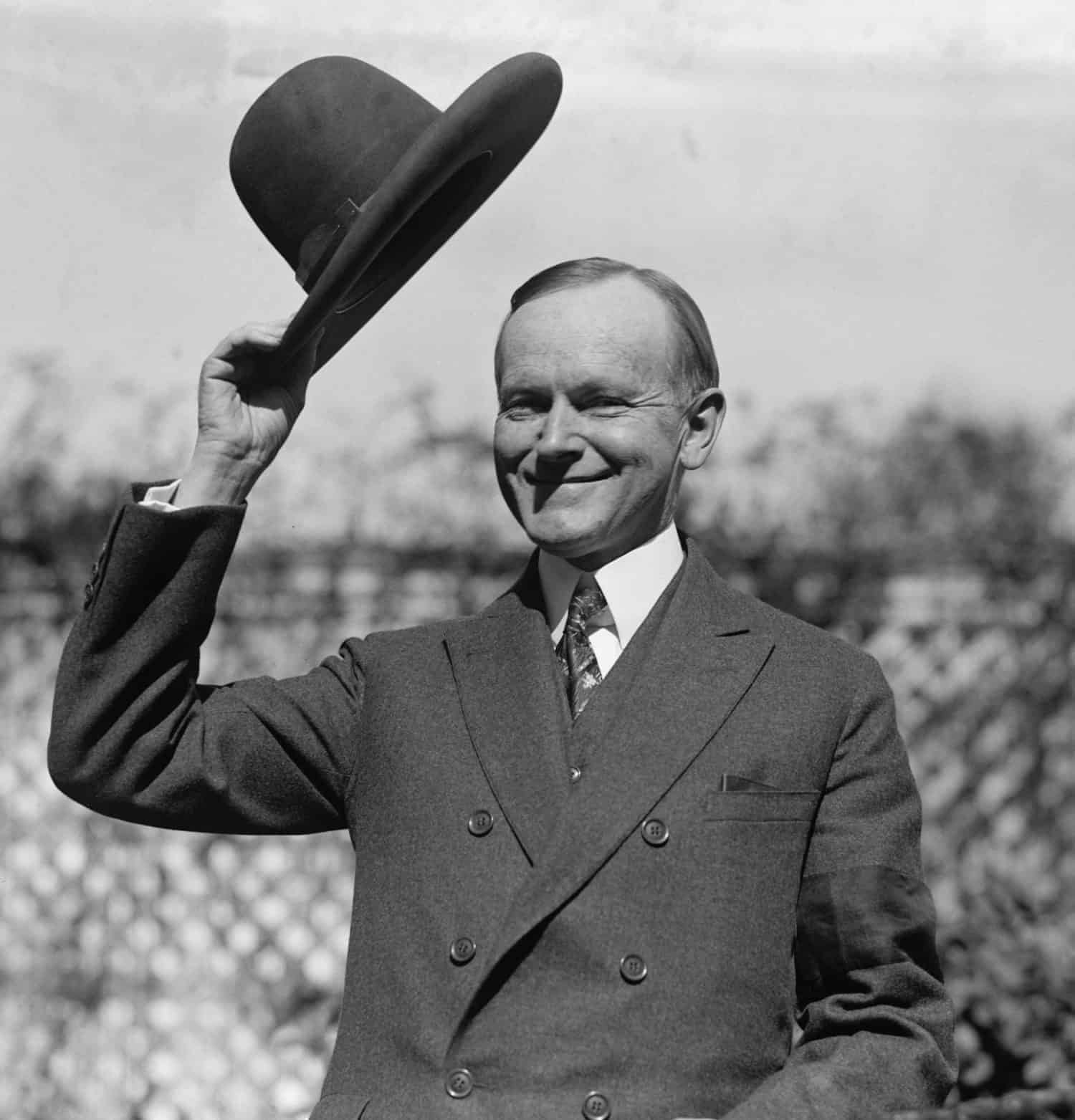

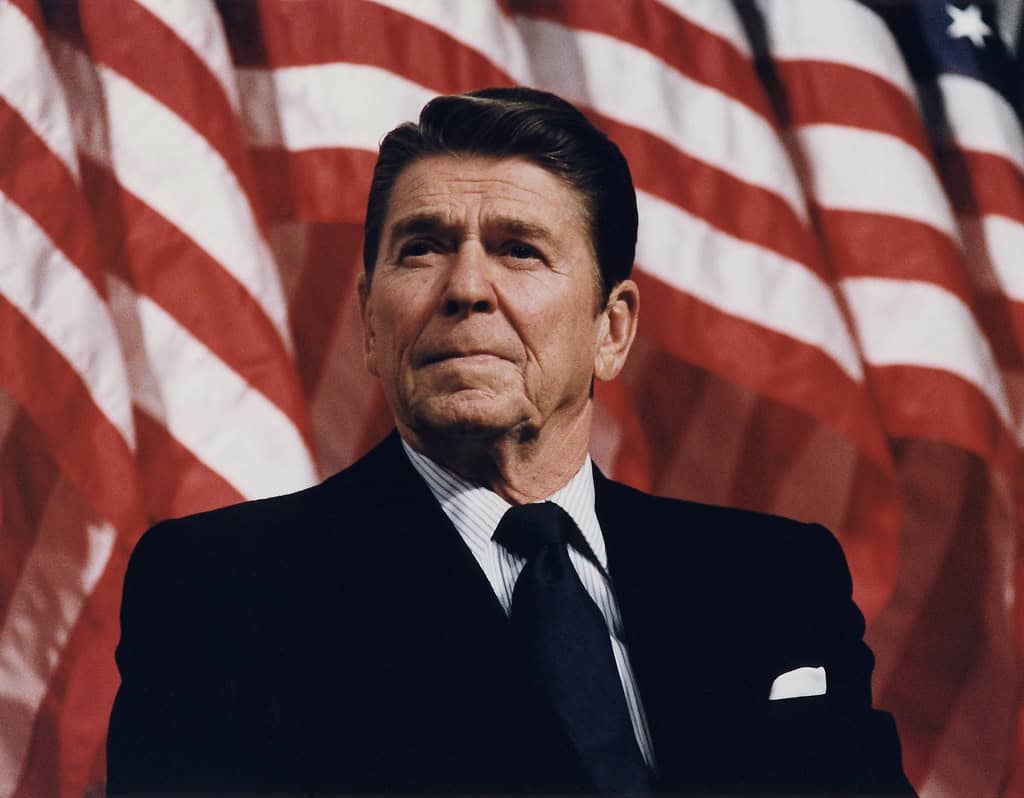
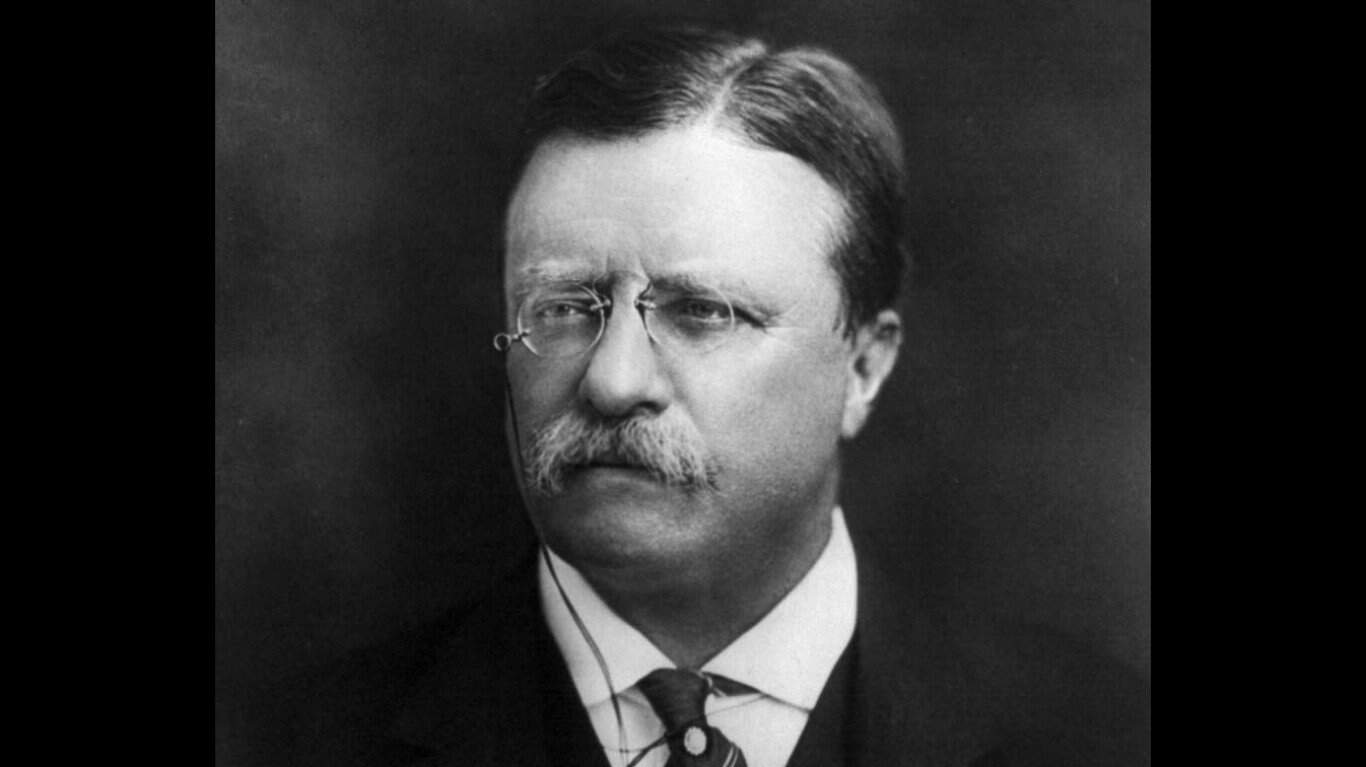

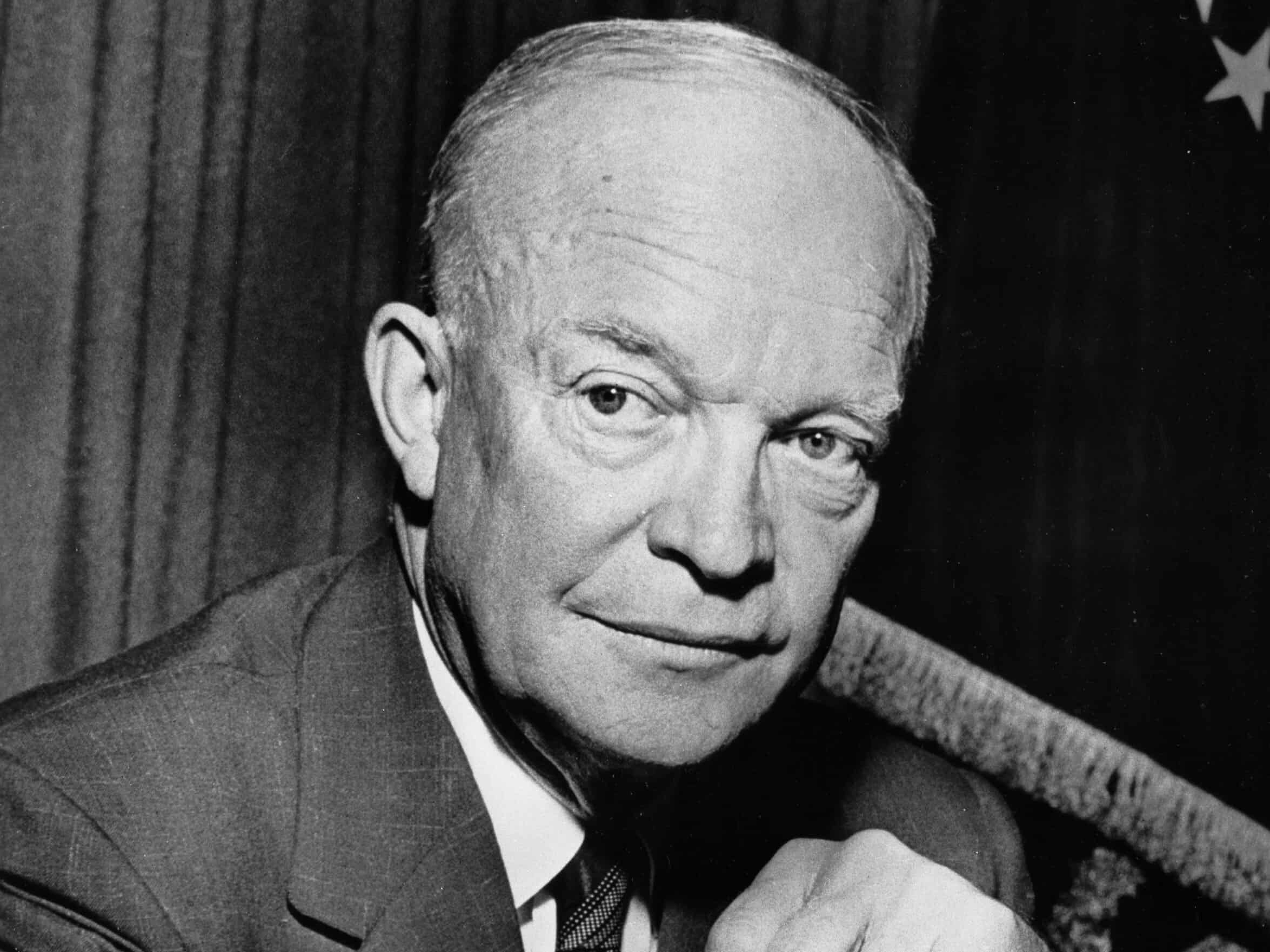
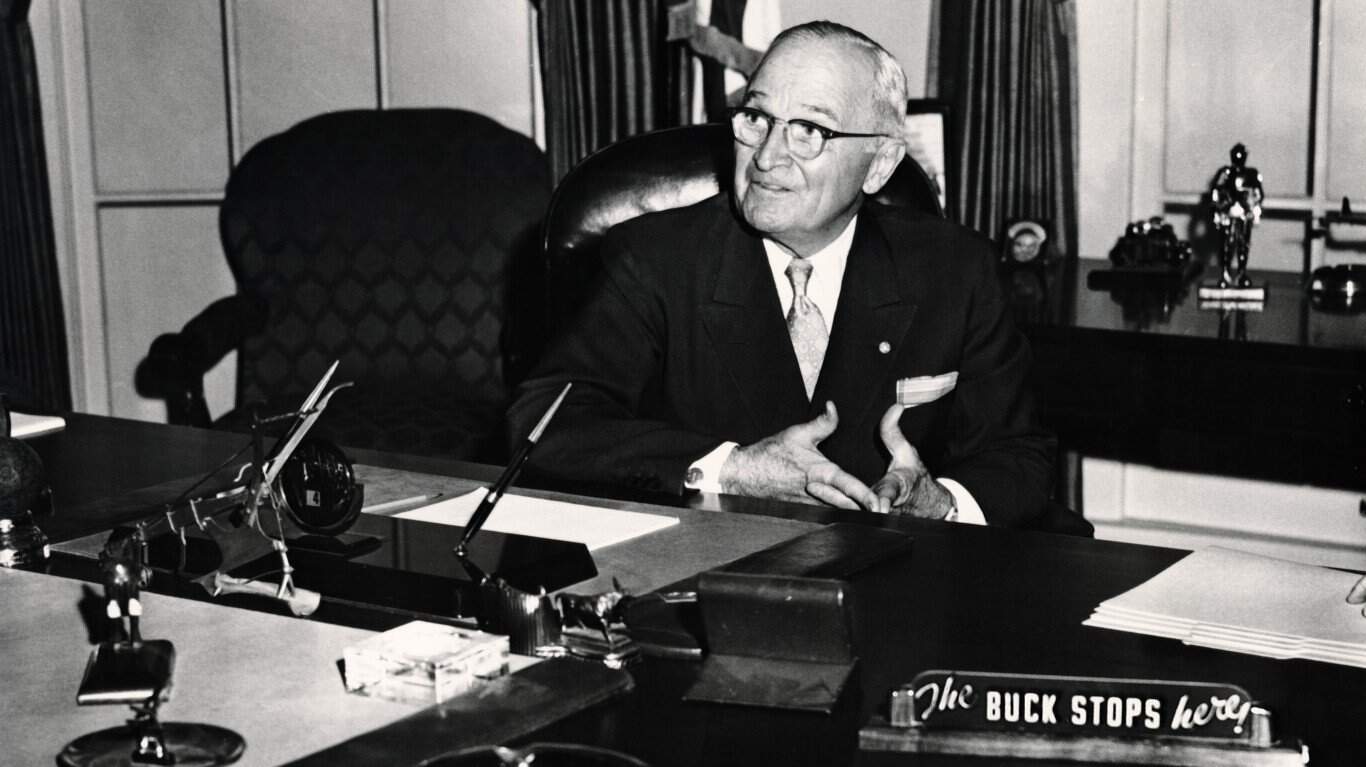
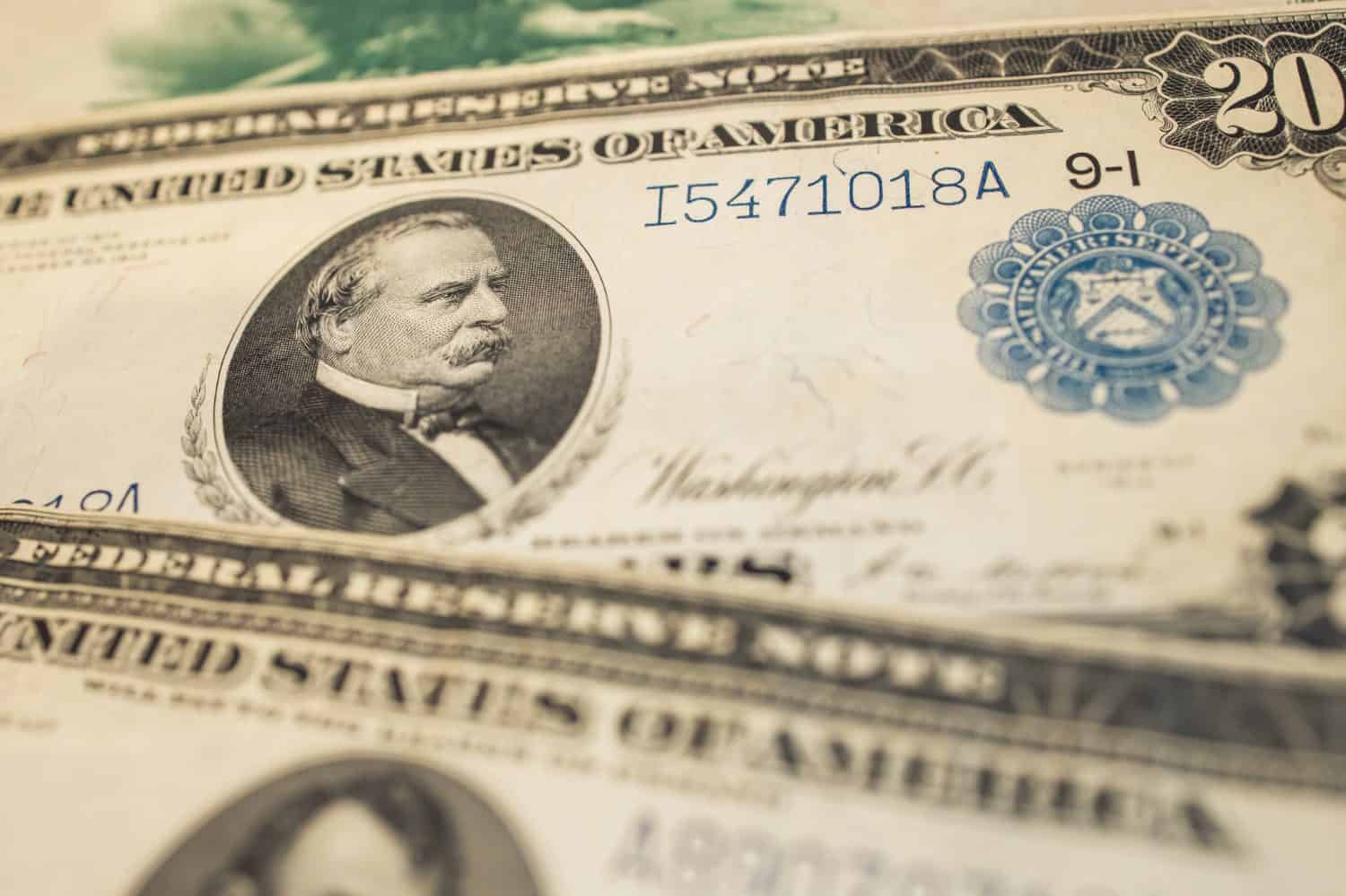
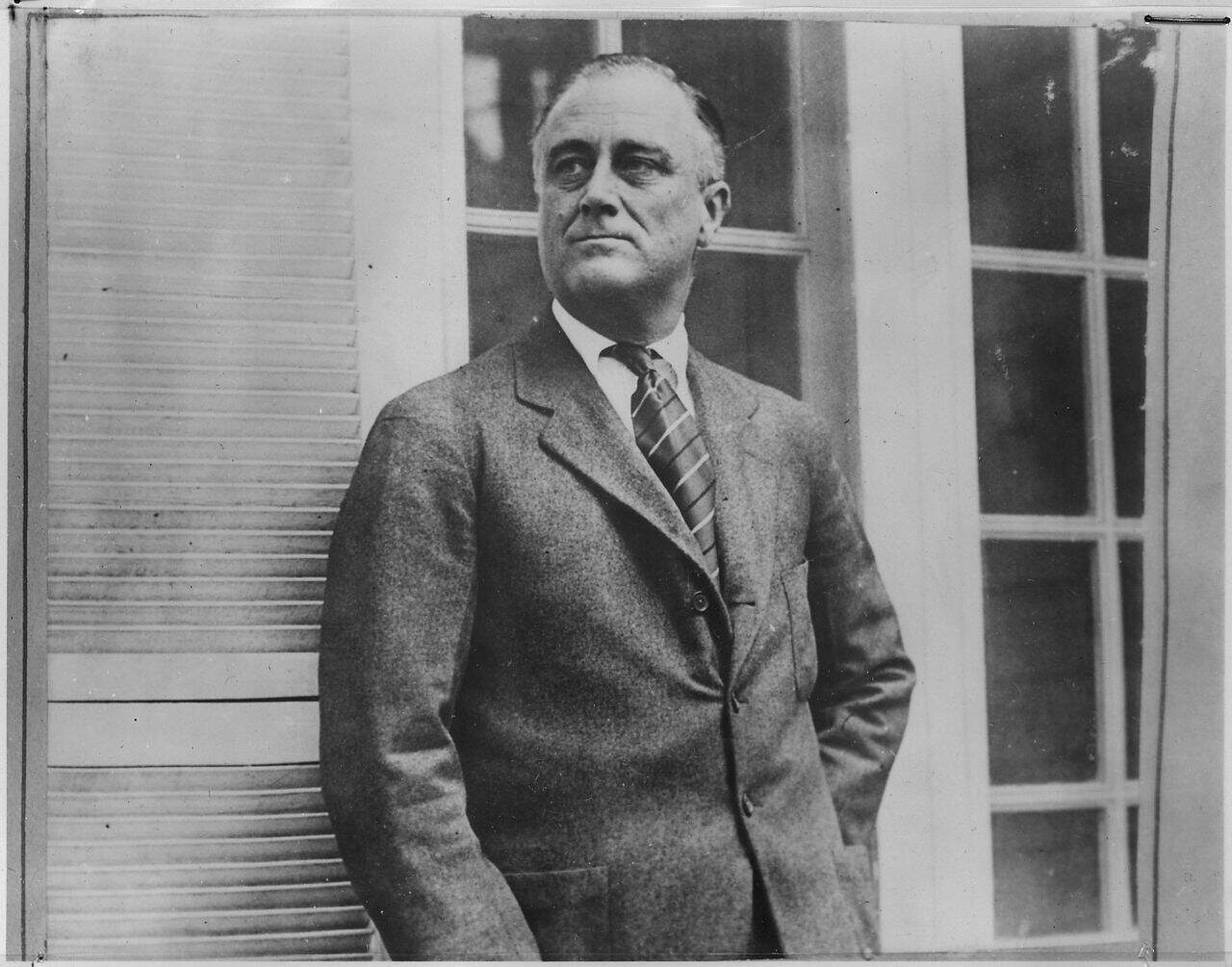
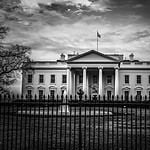
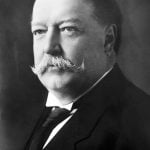
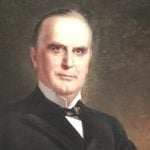
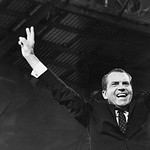
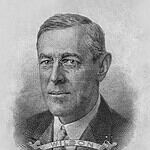

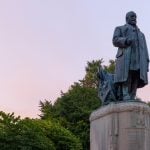
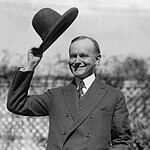


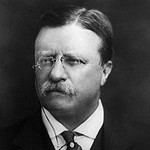
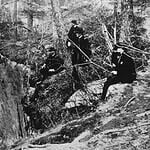
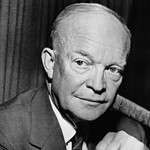
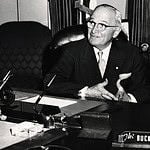


This President Vetoed More Bills Than Any Other, and It's Not Even Close
The President of the United States has access to an important tool that can tip the scales of power between the executive and legislative branches. As empowered by the Constitution, the president's power to veto a bill that the legislature has passed gives the executive incredible influence. It should come as no surprise that some presidents have embraced this constitutional right more than others. Let's take a look at them now.
15. William H. Taft
- Number of vetoes: 39
- Years in office: 4 years
The Tariff Bill of 1911 was a popular veto by William H. Taft, who argued that the bill lacked sound economic study and vetoed the action to reduce tariffs on specific goods. Taft also vetoed Private Pension Bills several times, claiming they had multiple fraud risks. Taft hoped that he could use this veto as a stepping stone to reform the pension system across the country.
14. William McKinley
- Number of vetoes: 42
- Years in office: 4 years, 6 months
From 1897 to 1901, William McKinley vetoed the Bankruptcy Bill, arguing that it favored creditors over debtors. However, the River and Harbor Bill was another notable veto by McKinley. He called it unrelated to national interests, specifically objecting to “pork-barrel” spending. Private Pension Bills were also vetoed multiple times, citing concerns over pension costs.
13. Richard Nixon
- Number of vetoes: 43
- Years in office: 5 years, 6 months
As one of his most essential vetoes, the War Powers Resolution in 1973 saw Nixon issue one of his most important acts, arguing it undermined executive power and hindered national security. The Labor-HEW Appropriations Bill, which Nixon vetoed, would have caused excessive spending, fueling additional inflation, which went against Nixon’s efforts to be more fiscally conservative.
12. Woodrow Wilson
- Number of vetoes: 44
- Years in office: 8
Vetoing the Immigration Act of 1917, Woodrow Wilson opposed imposing a literacy test on immigrants that would restrict Asian immigration, which Wilson called un-American. In his final days in office, Wilson also vetoed the Tariff Bill of 1921, arguing against raising consumer prices and hindering international trade.
11. George H. W. Bush
- Number of vetoes: 44
- Years in office: 4
In both 1990 and 1992, George H.W. Bush twice vetoed the Family and Medical Leave Act, which he said imposed undue burdens on businesses that should be voluntary and not mandated. However, the veto of the Civil Rights Act of 1990 was very controversial, as Bush claimed it would impose quotas on businesses and undermine merit-based hiring.
10. Benjamin Harrison
- Number of vetoes: 44
- Years in office: 4
Serving four years in office, Benjamin Harrison brought out the veto stamp 44 times. The Dependent Pension Bill would have expanded pensions for Civil War veterans, though Harrison considered it too broad. Harrison had similar thoughts about the International Copyright Bill, that Harrison thought could harm US publishers and authors. There was another veto around the Arizona Territory Bill that Harrison argued misappropriated public funds for a local project.
9. Calvin Coolidge
- Number of vetoes: 50
- Years in office: 5 years, 7 months
With 50 vetoes in office, Calvin Coolidge was not afraid to wield presidential veto power. Among his most prominent vetoes were the McNary-Haugen Farm Relief Bill, which Coolidge vetoed twice, arguing it favored just one group and showed federal overreach. Additionally, Coolidge vetoed the WWI Veterans’ Bonus Bill, citing a burden on taxpayers and government fiscal irresponsibility.
8. Gerald Ford
- Number of vetoes: 66
- Years in office: 2 years, 5 months
One of the shortest presidencies of all time, Gerald Ford vetoed the Emergency Jobs and Unemployment Assistance Act in 1974, arguing it was too costly and only favored private-sector growth. Ford also pushed back against the Freedom of Information Act Amendments, which Ford called a risk to national security and executive privilege, though the House would override it.
7. Ronald Reagan
- Number of vetoes: 78
- Years in office: 8
Ronald Reagan, the president credited with winning the Cold War against Russia, issued 78 vetoes during his time in office. This includes the Fair Housing Amendments Act, which Reagan argued gave the Department of Housing and Urban Development overreaching powers. Reagan also vetoed a Highway Bill that would have led states to raise the speed limit to 65 MPH, citing it as a safety risk.
6. Theodore Roosevelt
- Number of vetoes: 82
- Years in office: 7 years, 6 months
Assuming power after President William McKinley’s assassination, Teddy Roosevelt sought to expand the executive branch’s power significantly. Roosevelt famously vetoed an immigration bill in 1907 that sought to restrict Japanese immigration amid rising anti-Asian sentiment. Roosevelt also vetoed multiple private pension bills and a District of Columbia Public Buildings bill that would have funded lavish government buildings.
5. Ulysses S. Grant
- Number of vetoes: 93
- Years in office: 8
Another war hero to rise to the presidency, Ulysses S. Grant, famously found himself battling economic depression. This depression caused him to strike down the Inflation Bill in 1874, his famous veto that would have further fueled inflation. In addition, Grant vetoed a measure to annex what is now the Dominican Republic and legislation to relocate the Crow tribe to a new reservation.
4. Dwight D. Eisenhower
- Number of vetoes: 181
- Years in office: 8
One of the most prominent military officials elected to the highest office in the land, Dwight D. Eisenhower, served two terms in office, vetoing 181 bills. Among his most prominent photos were a Federal Pay Raise bill that gave federal employees “excessive” pay raises and the Natural Gas Act of 1956, which showed Eisenhower’s resistance to oil and gas lobbyists and special interests.
3. Harry S. Truman
- Number of vetoes: 250
- Years in office: 8
Assuming office after Franklin Roosevelt’s death, President Truman faced off against a Republican-led Congress that wanted to issue tax cuts, which Truman believed heavily favored the wealthy. In addition, Truman famously vetoed the Taft-Hartley Act, which sought to curb union power, calling it anti-labor, though Congress later overturned it.
2. Grover Cleveland
- Number of vetoes: 584
- Years in office: 8
With the second-most vetoes of any president, Grover Cleveland was heavily focused on Congressional attempts to take advantage of a pension system Abraham Lincoln had put in place. Cleveland’s most famous veto included denying Texas farmers a $10,000 subsidy that he felt made Americans too reliant on the federal government.
1. Franklin D. Roosevelt
- Number of vetoes: 635
- Years in office: 12
As the longest-serving president in US history, Franklin Roosevelt has had the highest number of vetoes of any president, and only nine of FDR’s vetoes were overridden by Congress. Among his most historical vetoes are the Revenue Act of 1943, which Roosevelt vetoed out of fears it favored the wealthy and not all Americans, as well as other potential policies that would conflict with the New Deal and wartime agendas of the country at the time.
The image featured at the top of this post is ©RozenskiP/Shutterstock.com